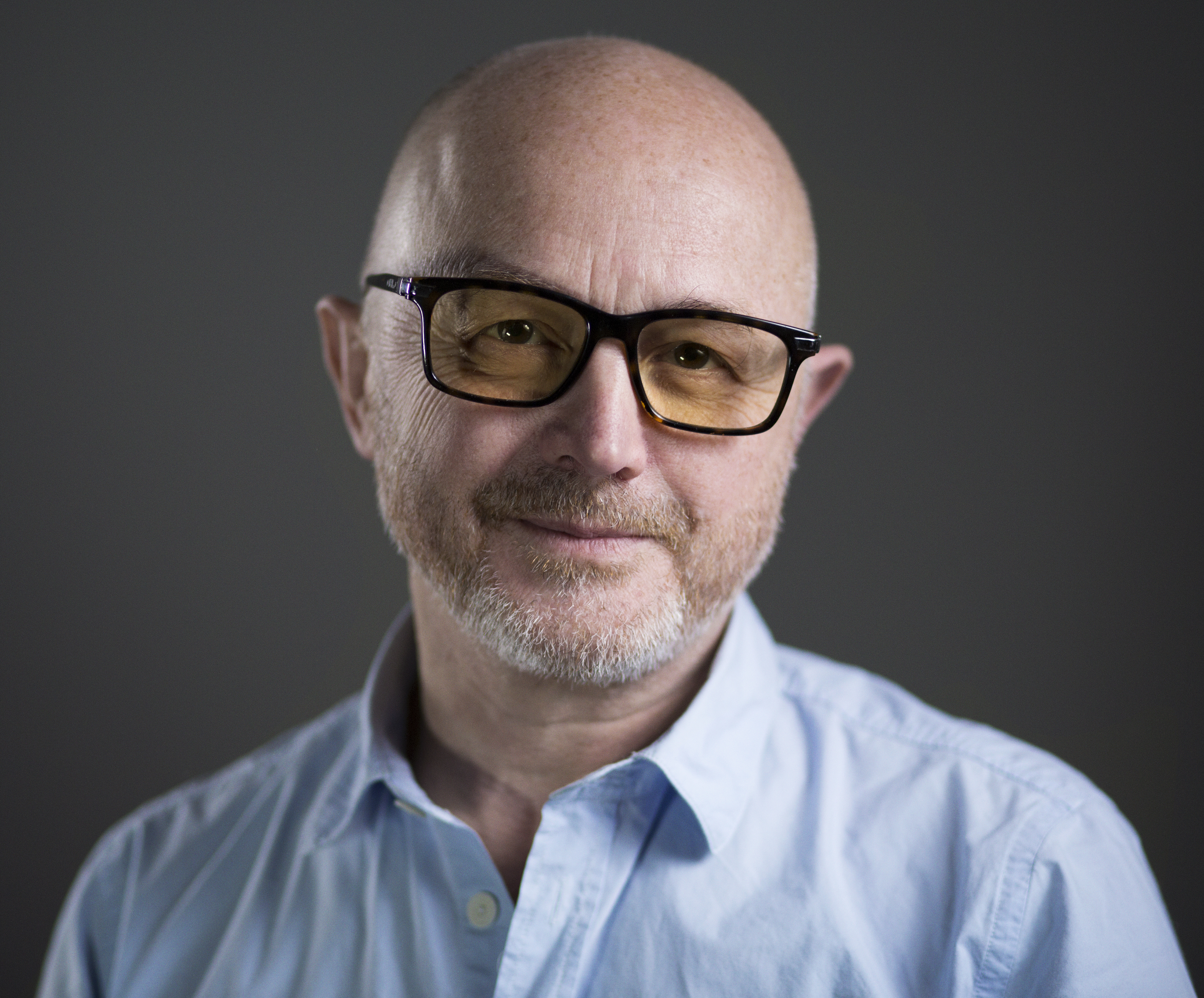A newly published report by the Institute for Fiscal Studies and funded by the Joseph Rowntree Foundation, makes for shocking reading as it brings into sharp relief the escalating and catastrophic cost of psychological distress to the economy, and society as a whole.
Since 2002, the proportion of disability claims related to mental health has nearly doubled, now making up 44% of all claims. In just four years since the pandemic, the number of working-age adults receiving disability benefits has surged by 50% to 2.9 million—7.5% of the adult population. Half of this increase is mental health related, and the financial burden is staggering, with disability spending rising 37% in under four years, reaching £48 billion in 2023/24.
In addition, sickness absence days per worker were 37% higher in 2022 than in 2019; demand for mental health services is up by 36% since pre-pandemic levels, and according to government figures, only around one in three people with a mental health need access mental healthcare (an estimated 1.2 million people are on the waiting list for community mental health services).
Of course, behind these startling numbers are stories of individual suffering, but when the rising economic impact of the mental health crisis is laid bare, it is not surprising that alarm bells start ringing in political circles.
The government’s response, as voiced by Health Secretary Wes Streeting, suggests a belief that mental health issues are being over-diagnosed. Alongside discussions on cutting personal independence payments (PIPs), the proposed solution appears to be getting people back into work—most likely through expanded access to short-term NHS-approved therapies like CBT.
In a time of economic stricture, with the government desperate to cut costs and revive a flagging economy, one can imagine the palpable panic in the eyes of ministers and Whitehall mandarins as they are presented with the steeply rising cost of mental ill-health running into the billions of pounds.
And yet in none of the discussions do we hear any analysis of why millions of people in increasing numbers are becoming incapacitated by an inability to cope psychologically with their circumstances. We should also remember that for all those who get to the point of applying for disability benefit, there will be a far greater number behind the headlines who are struggling with mental ill health, or perhaps barely managing.
The causes of mental suffering in society are multi-layered and complex. No doubt increased awareness, reporting and diagnosis play a part, but there is clearly something much more profound going on:
Economic pressures: Financial insecurity and rising costs of living.
Social and technological changes: An always-on digital culture that is superficial, judgemental and cruel, reduced face-to-face interactions, and workplace measurement cultures that dehumanize employees.
Psychological and existential factors: Declining religious belief, global instability, and a lack of overarching meaning in life.
Whatever the myriad reasons, societal pressures are making us increasingly depressed and anxious – and we often feel helpless to stop it.
As a colleague of mine puts it, society is becoming less fit for humans.
It is little wonder that our health service is inundated with cases of acute and chronic mental distress. However, it also brings into question the lens through which as a society we look at the issue of mental health. In particular, the way we choose to frame this crisis predominantly an illness – a condition caused either by faulty wiring in the brain or faulty thinking, or some combination of the two.
Now, I am by no means saying that all our mental health problems are societal and that we should throw up our hands in despair – far from it. Nor am I suggesting that as mental health professionals it is our job to solve society’s negative impacts. However, I am saying that a prevailing underlying assumption that society is fine, but you, the individual is sick and in need of a dose of anti-depressants or CBT is neither the most effective nor most ethical starting point for a conversation about the problem.
This is analogous to the issue of physical ill-health. As long as poor diet and a lack of exercise turns us into an unhealthy nation, treating the resultant wave of type 2 diabetes will tend to be a losing battle, and an expensive one at that. Similarly in the case of mental health, while we must do all we can to treat those who are in acute difficulty by whatever means at our disposal, as long as society keeps making us (and particularly our young people) unwell, no amount of remedial mental health provision will resolve the problem.
We need to look at the problem from the other end of the telescope – namely what does it look like to be mentally, psychologically and emotionally healthy in the face of a rapidly changing and challenging society.
It is this approach that led me to become a Human Givens therapist in the first place. Not only does it employ therapeutic techniques that get an individual back on her feet in as few sessions as possible, but in my view much more importantly, it is a holistic, psycho-social and science-based approach to therapy that provides a framework for understanding and transmitting what it looks like to be mentally well.
Just as we have physical needs that are non-negotiable: good nutrition; clean air; warmth etc, Human Givens has identified that our core emotional needs are also non-negotiable if we are to remain mentally stable. Our need for security, community, love, status, achievement, privacy, an exchange of attention, meaning and purpose, and a sense of control over our lives is hard wired into our neuro-emotional system (that’s why they are ‘givens’).
We are designed to seek to get our emotional needs met and we have an internal guidance system that helps us achieve that goal – think of it as our internal Sat Nav system. Unfortunately, sometimes our Sat Nav doesn’t work as well as it should – perhaps the terrain we are navigating has simply become too complicated or toxic, or perhaps past experiences have conditioned the Sat Nav to take us into a cul-de-sac. Under such circumstances, Human Givens aims to give a roadmap to orientate ourselves in the direction of better mental health and flourishing. There is no magic bullet in therapy, each person’s case is unique so we search rigorously for the most appropriate tools that will unlock our clients’ own resources to let more light into their lives.
In case we didn’t know already, the latest figures on the state of our collective mental state demonstrate that we not only need access to more and better therapy, but a new framework for understanding mental health that can inform us as individuals, as workplaces, and as institutions.
It is a given that a person who is able to meet their needs in balance will be happier, more productive, more generous, and ultimately more able to help those around her to meet their needs better. This is why for me, being a therapist is so rewarding, not just as a professional activity, but as a way to better understand myself, my family and my wider community.
We all, government included, need to acknowledge the societal changes that are making it harder for people to be psychologically well. Without validating people’s lived experience, you can have no rapport.
While increasing access to mental health services is undoubtedly a good thing, we also need to de-medicalise mental health and think about how we help people stay mentally well.
We need to educate our workplaces, schools and empower our citizens about how to better meet their emotional needs and ultimately work collectively and individually towards building lives that work. If nothing else, we need simply to remind ourselves that we need to find ways to flourish as humans for wider society to function.




